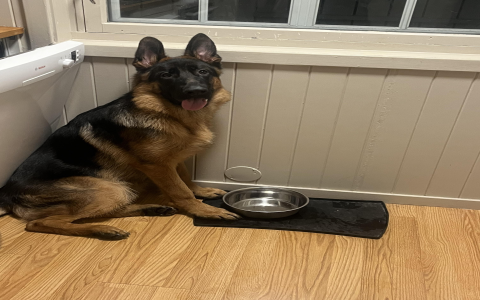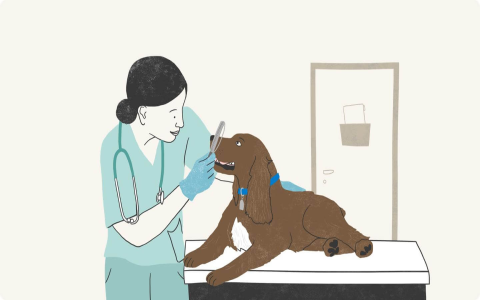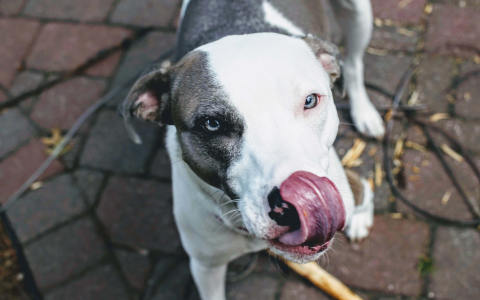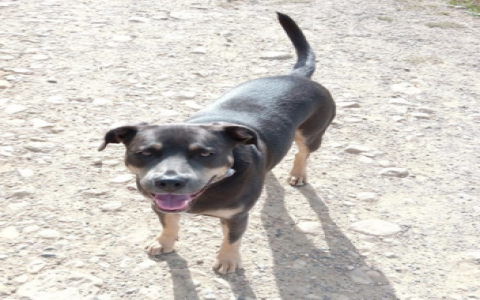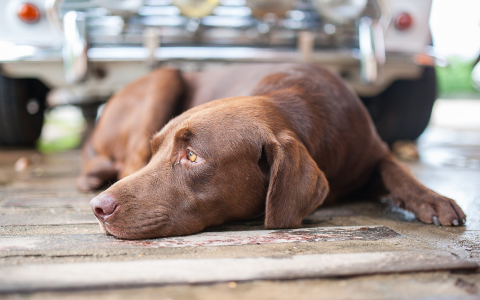Why is my senior dog drinking so much water? Understand your dogs thirst and what you need to do next.
Alright, let's talk about this. I went through this exact thing with my old girl, Daisy. She was getting up there, maybe 11 or 12, a real sweetheart Golden Retriever mix.
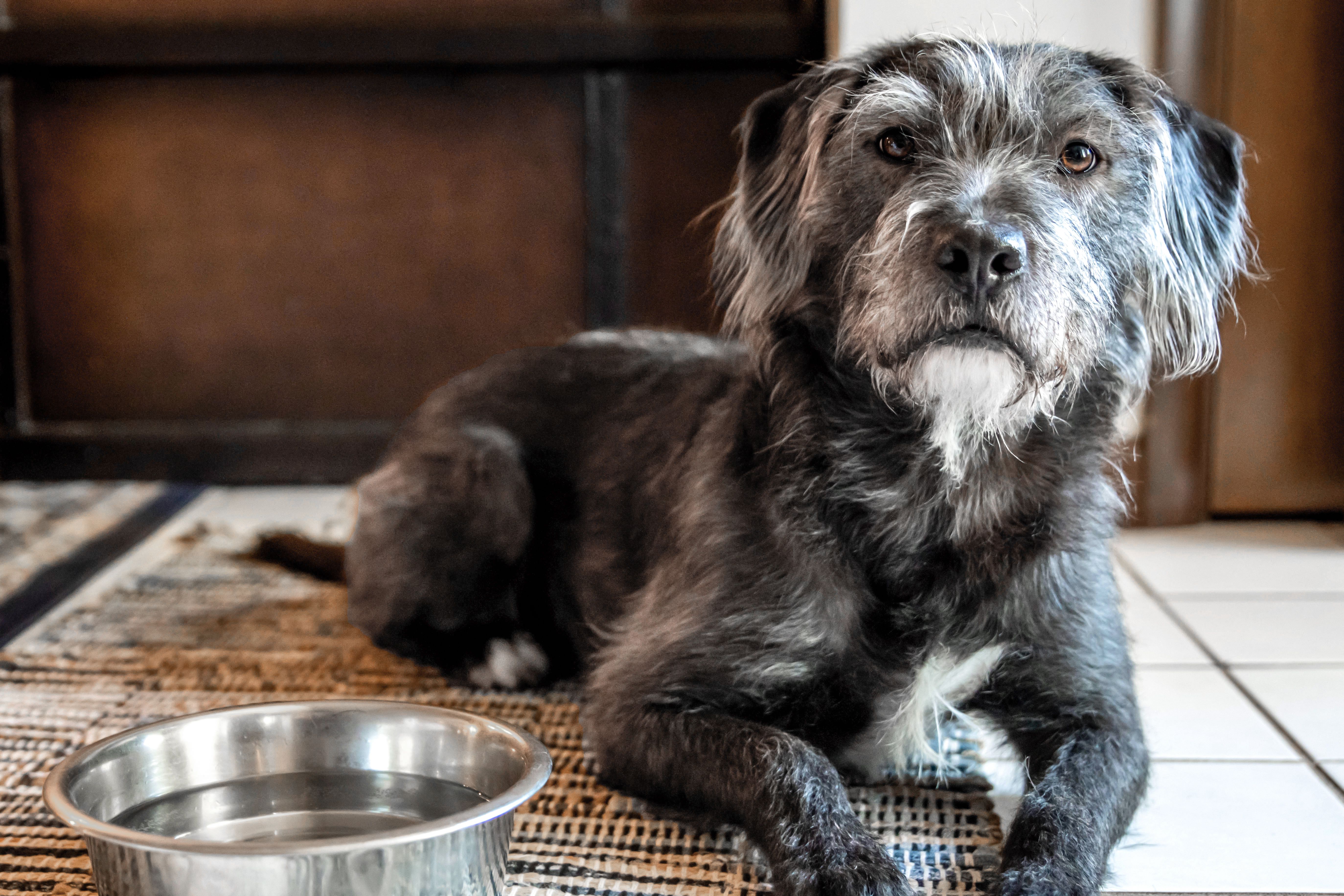
I started noticing she was spending a lot more time at her water bowl. Like, way more than usual. At first, I didn't think much of it. Maybe the house was warmer, maybe she was just thirsty after a nap. But it kept happening. Day after day. I was filling up that big bowl multiple times a day, which wasn't her normal routine.
Paying Closer Attention
So, I decided I needed to actually pay attention, not just casually notice. I started watching her more closely. Was she eating okay? Yep, appetite was fine, maybe even a bit more hungry than usual, now that I thought about it. Was she more tired? Maybe a little, but she was an old dog, so that wasn't a huge red flag on its own. The big thing was the water. Gulp, gulp, gulp. All the time.
And because she was drinking so much, guess what else happened? More trips outside. And sometimes, she just couldn't hold it. We started having accidents in the house, which almost never happened with her before. That really got me worried.
Time to Get Some Facts
Okay, casual observation wasn't cutting it. I needed to figure out how much water we were really talking about. So, I did a simple thing. I got a big measuring jug. Every time I filled her bowl, I measured the water first. And I kept a little notebook right there on the counter. For two days, I wrote down every single time I added water and how much. It felt a bit silly, tracking dog water intake, but I needed to know.
The results were pretty clear. She was drinking way, way more than the typical amount recommended for a dog her size. Seeing the numbers written down made it obvious this wasn't just in my head.
Making the Call and the Vet Visit
With my notes in hand, I called the vet's office. Explained the situation: older dog, drinking tons of water, increased urination, some accidents. They got us in pretty quickly.
At the vet, I explained everything again. Showed them my little water log. The vet was great, very thorough. Asked about her energy levels, appetite, any weight loss (maybe a little?), any vomiting or diarrhea (nope). Then came the tests.
- They took a blood sample.
- They took a urine sample.
They wanted to check for a few common things that cause excessive thirst in older dogs, like kidney problems, diabetes, or Cushing's disease. Then came the waiting game for the lab results. Always hate that part.
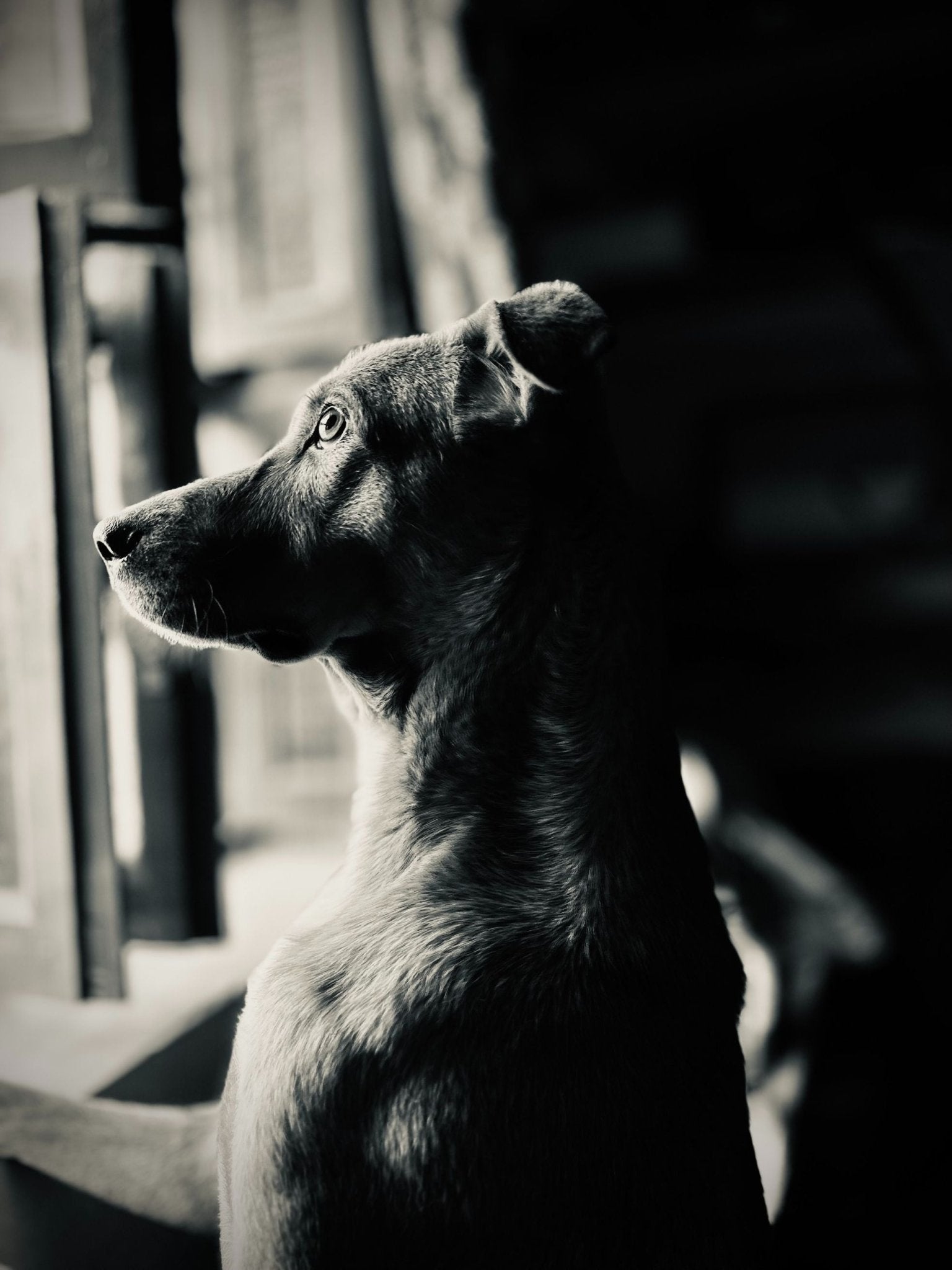
Finding Out What Was Wrong
A day or two later, the vet called. The tests showed Daisy had developed kidney disease. It wasn't super advanced yet, thankfully, but her kidneys weren't filtering things out as efficiently as they should. This makes dogs feel thirsty because their body is trying to flush out waste the kidneys aren't handling well.
It wasn't the news I wanted, obviously, but at least we knew what we were dealing with. It wasn't just random old age stuff; there was a specific reason for the heavy drinking.
So, what did we do? We put her on a special prescription diet designed for kidney support. Lower protein, lower phosphorus, that kind of thing. The vet stressed it was super important to never restrict her water. She needed that water, even if it meant more potty breaks. We also started regular check-ups to monitor her kidney function.
It was a learning process, managing her condition. More frequent walks, especially before bed and first thing in the morning. Accepting that accidents might happen sometimes. But knowing why she was drinking so much made all the difference. It wasn't just some weird habit; it was her body trying to cope. So if you see your old buddy suddenly hitting the water bowl hard, don't just brush it off. Track it, talk to your vet. It’s worth investigating.
